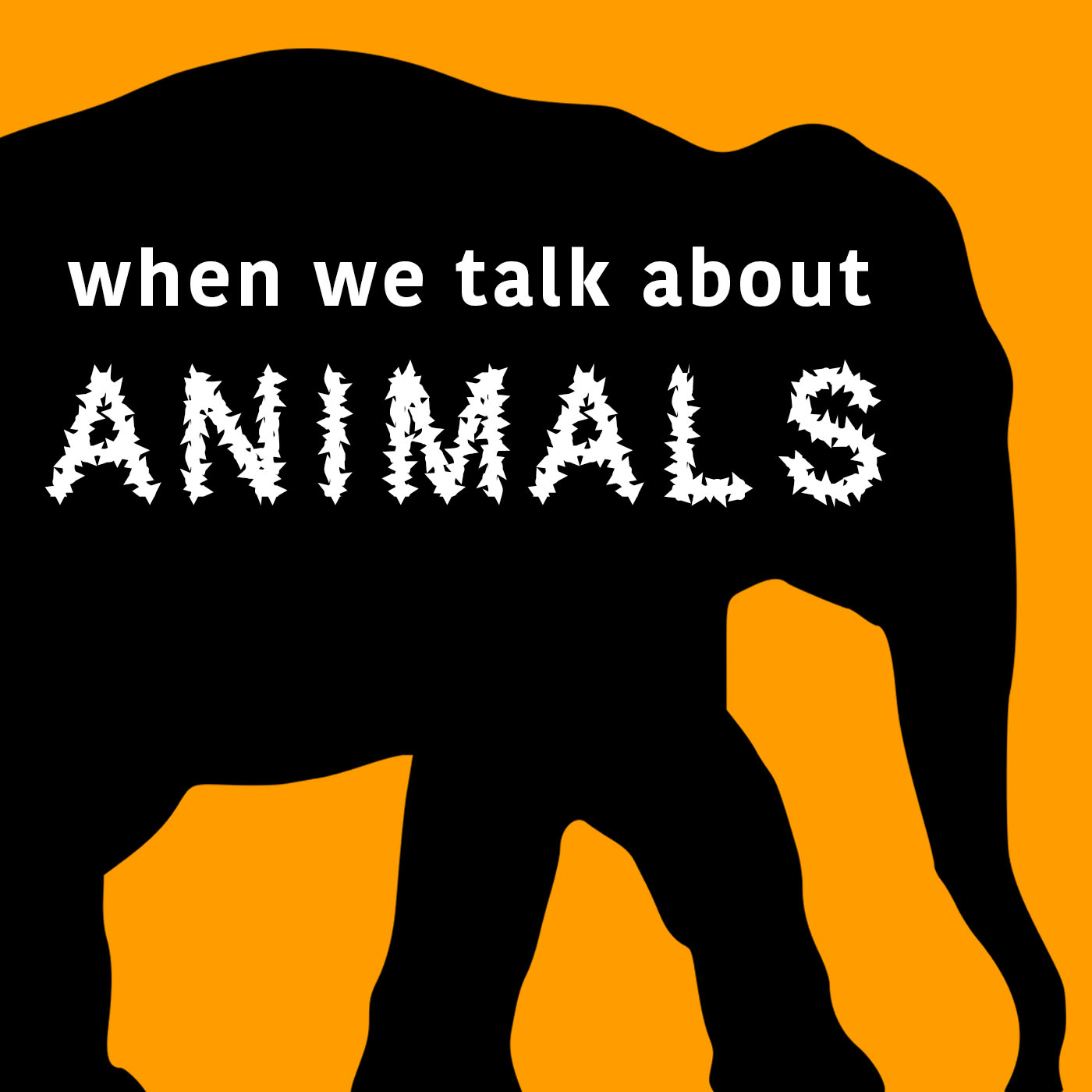
Ep. 34 – Daniel Pauly on why overfishing is a Ponzi scheme

When We Talk About Animals
Shownotes Transcript
Born in Paris to an African-American GI and a French woman at the end of World War II, Dr. Daniel Pauly rose from a difficult and extraordinarily unusual childhood in Europe to become one of the most daring, productive, and influential fisheries scientists in the history of the field — and the first to illuminate the global extent and significance of overfishing. A professor and principal investigator of the Sea Around Us Project at the University of British Columbia, Dr. Pauly has devoted his career to studying and documenting the impact of fisheries on marine ecosystems and advocating for cutting-edge policies to address it. The software, scientific tools, and methods he and his research team developed have transformed understanding of how humans are impacting oceans. His research makes very clear that fish are in global peril — and so, in turn, are we. If our species manages to reverse course and avoid the “watery horror show,” as he calls it, for which we’re on track, it will be thanks in large part to his and his colleagues’ vision, courage, and decades of tireless work. In this episode, we speak with Dr. Pauly about the “toxic triad” that characterizes modern fisheries (catches are underreported, science is ignored, and the environment is blamed when fish populations collapse as a result), how “shifting baseline syndrome” — a term he coined — results in slow and inadequate responses to overfishing and climate change, why fish are shrinking and struggling to breathe as oceans warm, and why we need to end high seas fishing and government subsidies of international fishing fleets.